Vietnam's National Day is an opportunity for me to say thank you to this country, which has suffered so much pain from foreigners, the most painful of which comes from the country listed on my passport.
Thank you Vietnam for welcoming me and many others, giving me the opportunity to devote myself here to my chosen career – an educator . It is a job that I truly love and find worthy value for myself and others.
As the American poet Robert Frost (1874-1963), who was also a distant relative of mine, said:
“In the deep forest, at the crossroads
I choose to lean back with less footprints
And the differences all stem from that.”
I chose the path less traveled: living and working in Vietnam instead of my home country, the United States. And really, that’s where the differences began.
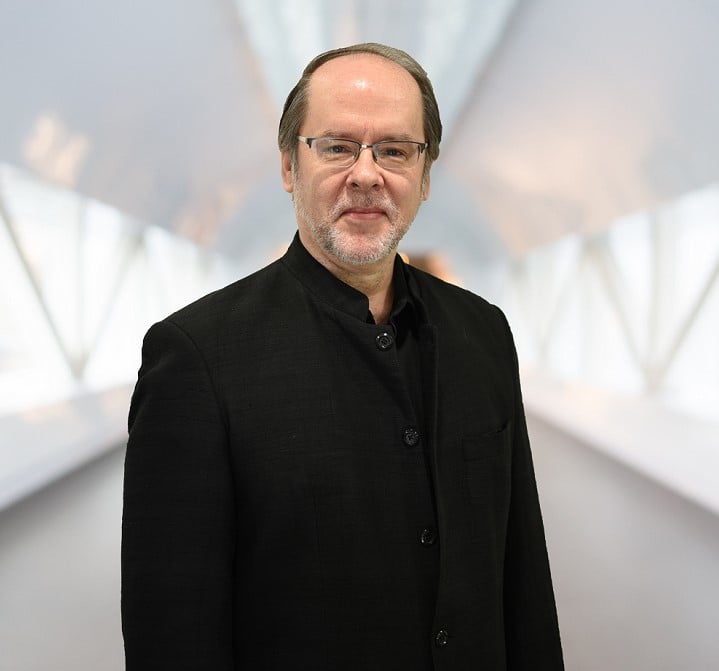
What struck me the first time I visited Vietnam in 1996 was a country in constant transformation, having just opened up after decades of isolation and poverty. The main reason was the US-led embargo and the aftermath of two devastating wars: against the French and the Americans. All I knew about Vietnam at that time was mostly from books and a few Vietnamese students studying in the US “in the early days”.
Even though it was one of the poorest countries in the world at that time with an average per capita income of just over US$300 per year, I felt the boundless energy and potential of the country as well as the simplicity emanating from the local people. Vietnam is a country that has survived the worst devastation inflicted by the two superpowers but still holds its head high, prepared, ready and eager for a bright future.
That was when Doi Moi began in 1986. Despite countless difficulties in the way, over the past 28 years since I first set foot in Vietnam, I have had the honor of witnessing this country rise from the ashes.
Since my first days in Vietnam in 2005, I have also witnessed heartwarming events that have both reinforced my own views and given me a clearer definition of patriotism as expressed by the people here. They love and are willing to devote themselves to their country and share joys and sorrows, big and small, such as a football match or the passing of General Vo Nguyen Giap in 2013.
The economy continues to grow impressively. Although not everyone benefits from the export-led growth that mainly comes from FDI enterprises, it is certainly boosting the Vietnamese economic boat.
And for many other reasons, Vietnam has become a promised land for millions of people, including many foreigners who are willing to seize opportunities, adapt and create a multicultural, multiracial workforce.
We foreigners, acting and thinking as global citizens, often share our experiences and knowledge not because we think our way is better, but because we genuinely care about this country.
Together with you, we breathe the same air, eat the same food, walk on the same streets, we know very well that Vietnam can be much better than it is now. But living in Vietnam, I do not like to give unnecessary advice because the view that Vietnam belongs to the Vietnamese people and foreigners, whether they have lived here for a long time or will stay here for their whole lives, or former patriots, are, after all, just guests.
However, there is a reality that Western extreme individualism has been imported, causing a part of the shift from “we” to “I”, namely the selfish expression of “freedom” towards the community and nature. For example, many people treat the environment like a public trash can or once participating in traffic, many people become aggressive and selfish, but soon after, they return to being polite, civilized people who can wholeheartedly help others if needed.
Achieve balance
On the other hand, good and responsible citizens should also maintain the bond with the people around them and the environment that nurtures us all. Without it, society would become a fiercely competitive world where fairness, order and respect are replaced by inequality, chaos and lack of culture.

National Day is the most appropriate time for each Vietnamese person to look back at what they have experienced and see what they can do to make life better. For example, changing awareness, lifestyle, acting for the environment, improving urban civilization, improving business ethics and other essential areas. All are within reach!
“Patriotism is putting the country before yourself”, I think the saying of Adlai Stevenson II, US Presidential candidate and US Ambassador to the United Nations about patriots is very suitable for Vietnamese people.
Besides celebrating common achievements in growth, improved quality of life, science, arts and sports, patriots can also make legitimate constructive comments and take appropriate actions. Because they love their country and want it to be better.
Mark A. Ashwill is an international educator and entrepreneur who has lived in Vietnam since 2005. He served as country director of the Institute of International Education (IIE)-Vietnam from 2005-09. Dr. Ashwill is the co-founder and CEO of Capstone Education, an educational consulting firm with offices in Hanoi and Ho Chi Minh City.
Source: https://kinhtedothi.vn/long-yeu-nuoc-su-cong-hien-lang-le-va-ben-bi-den-tron-doi.html



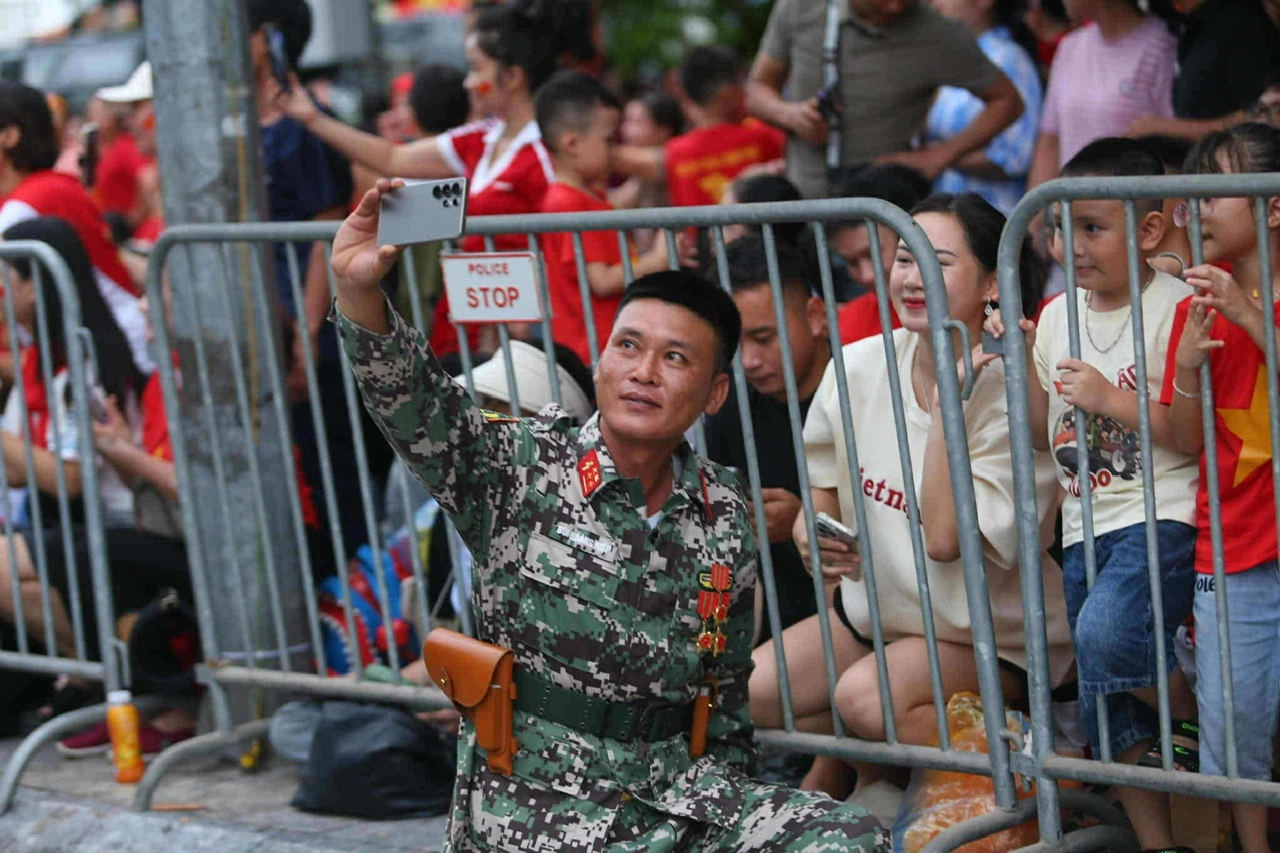
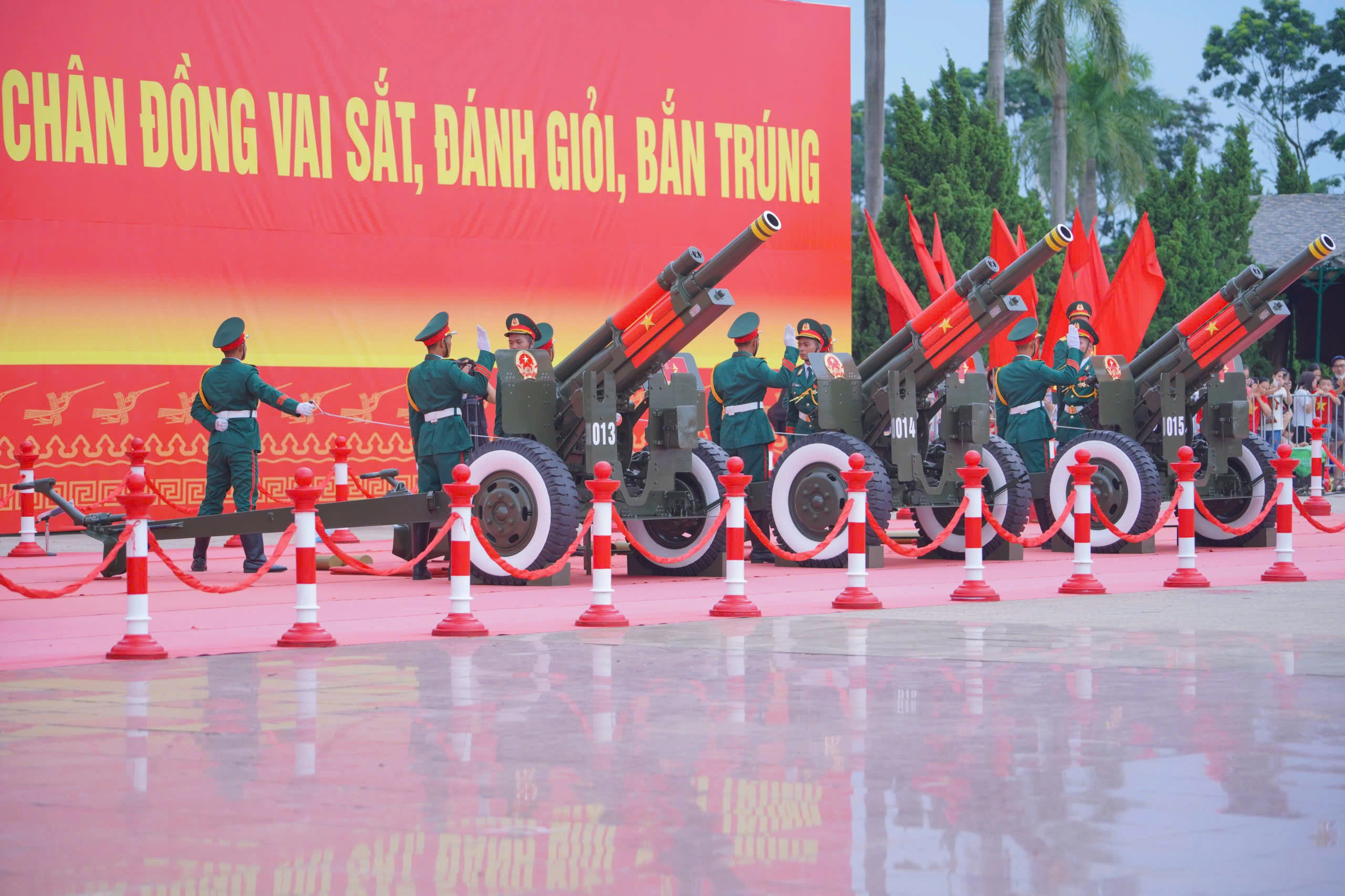
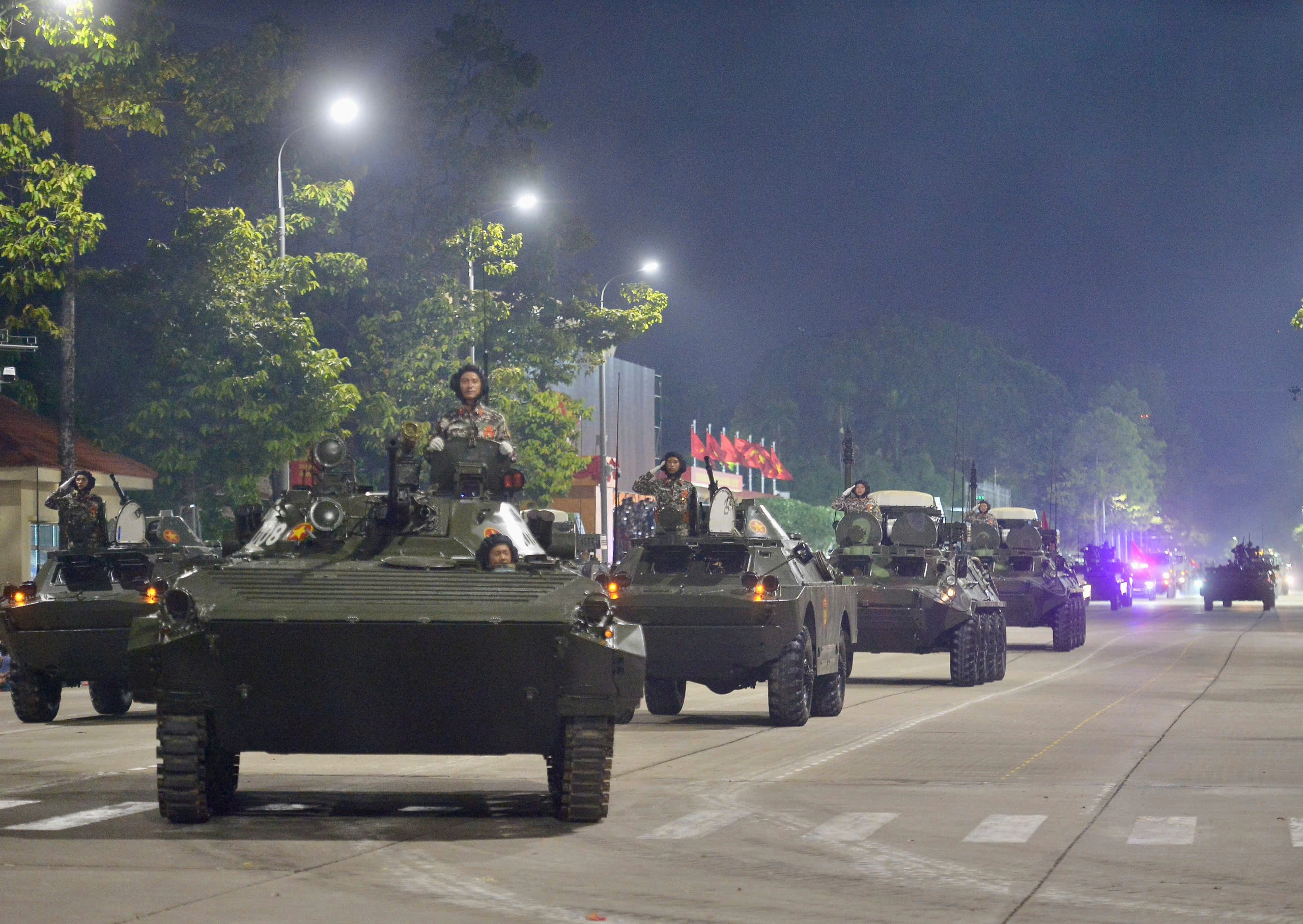
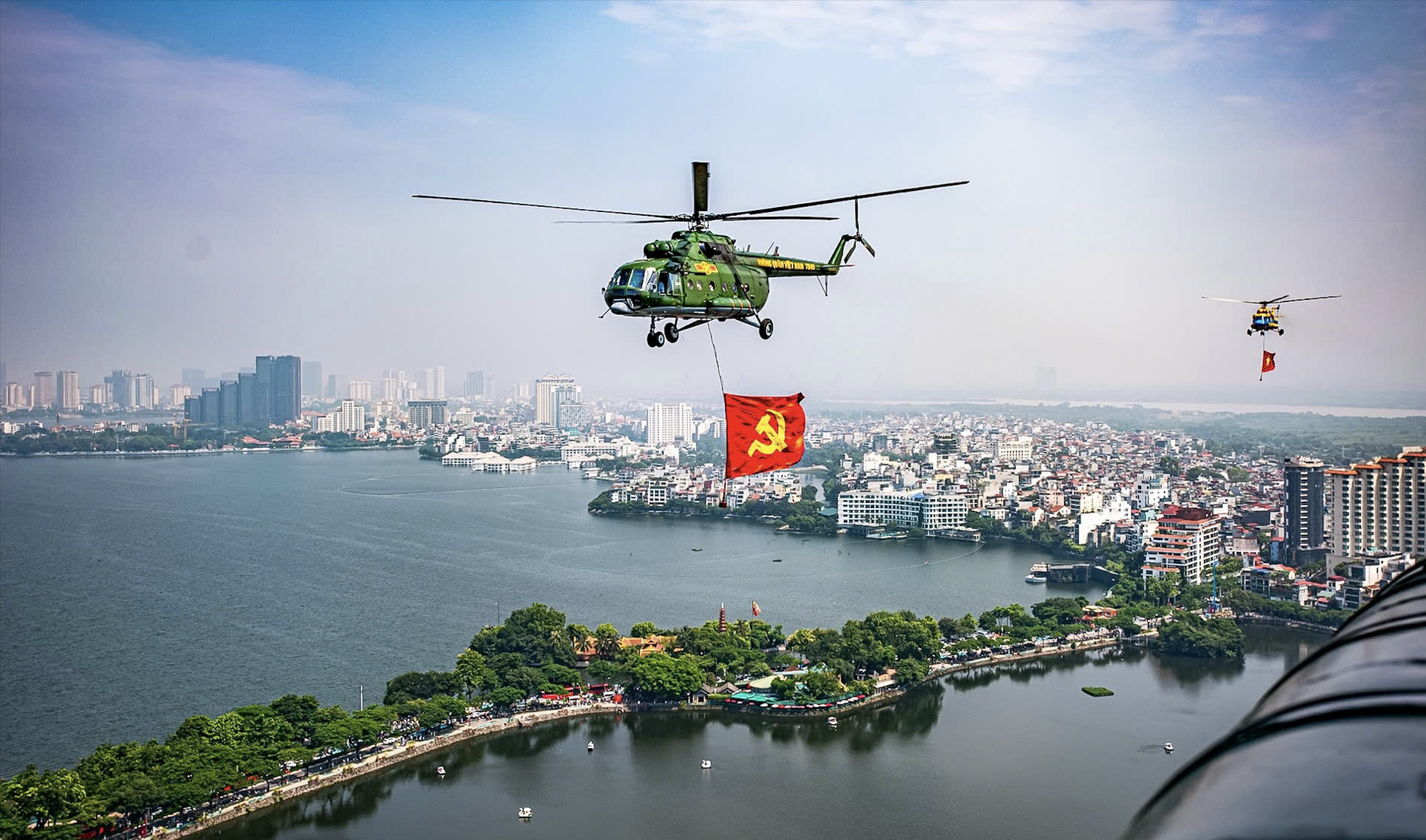
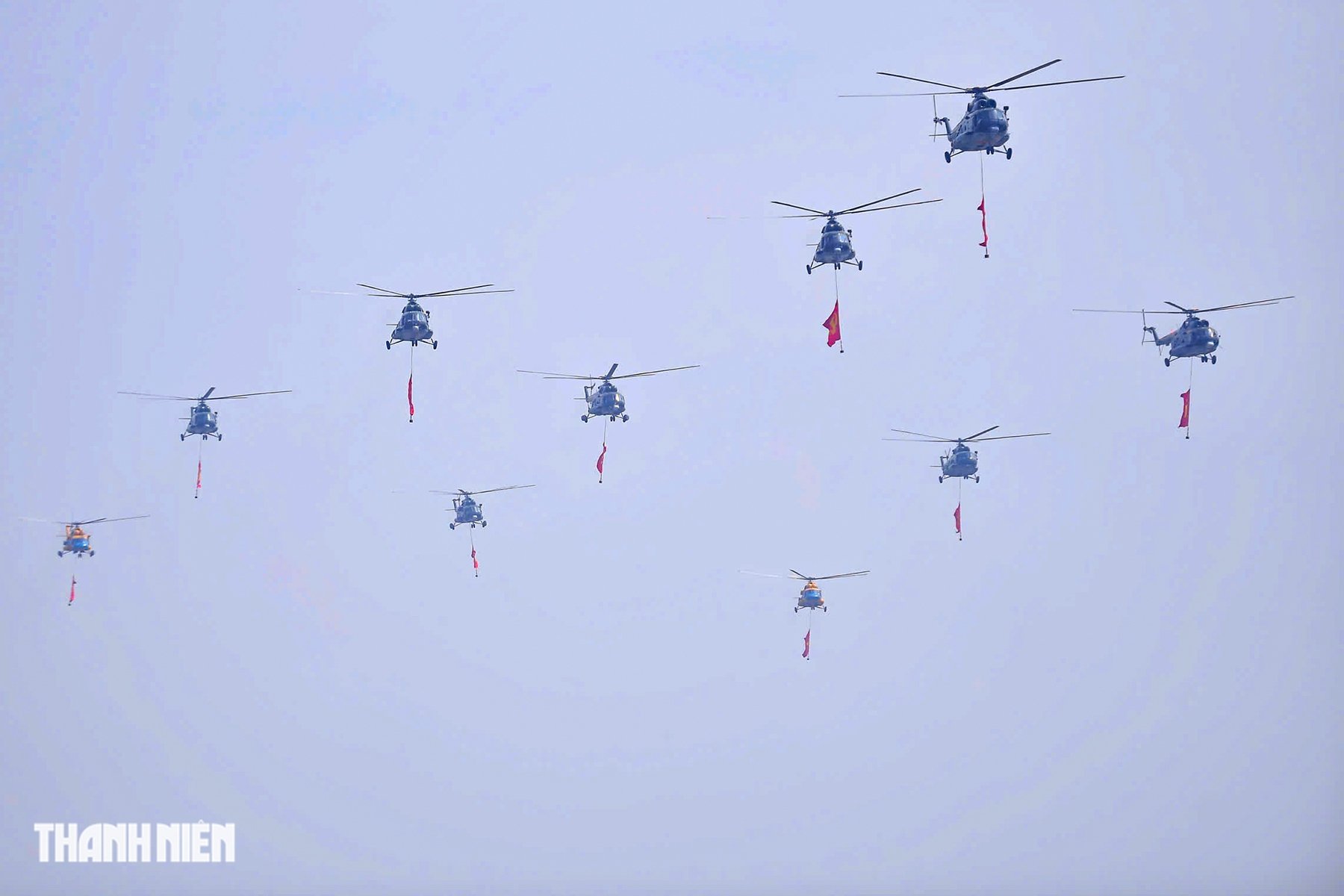
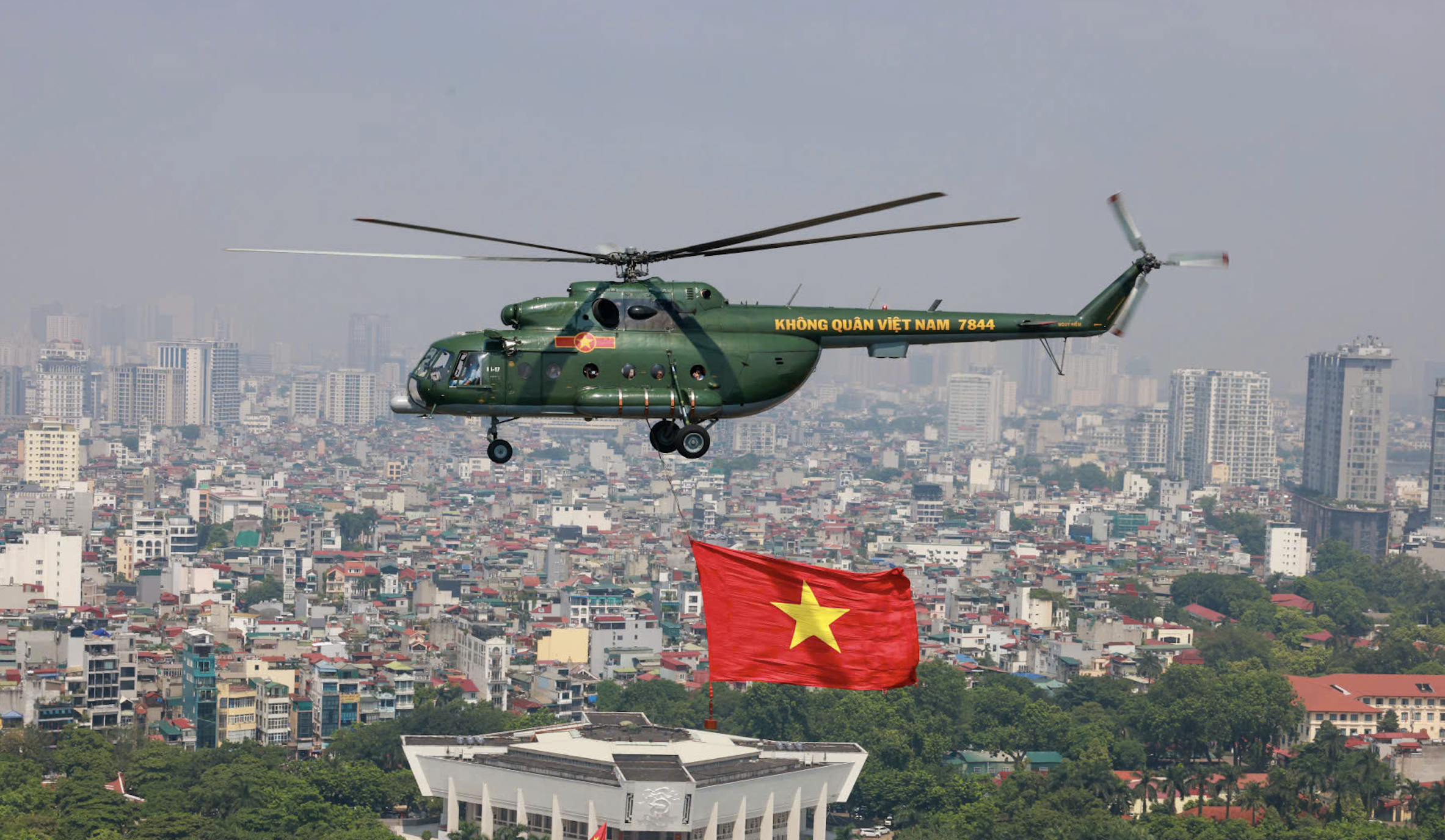
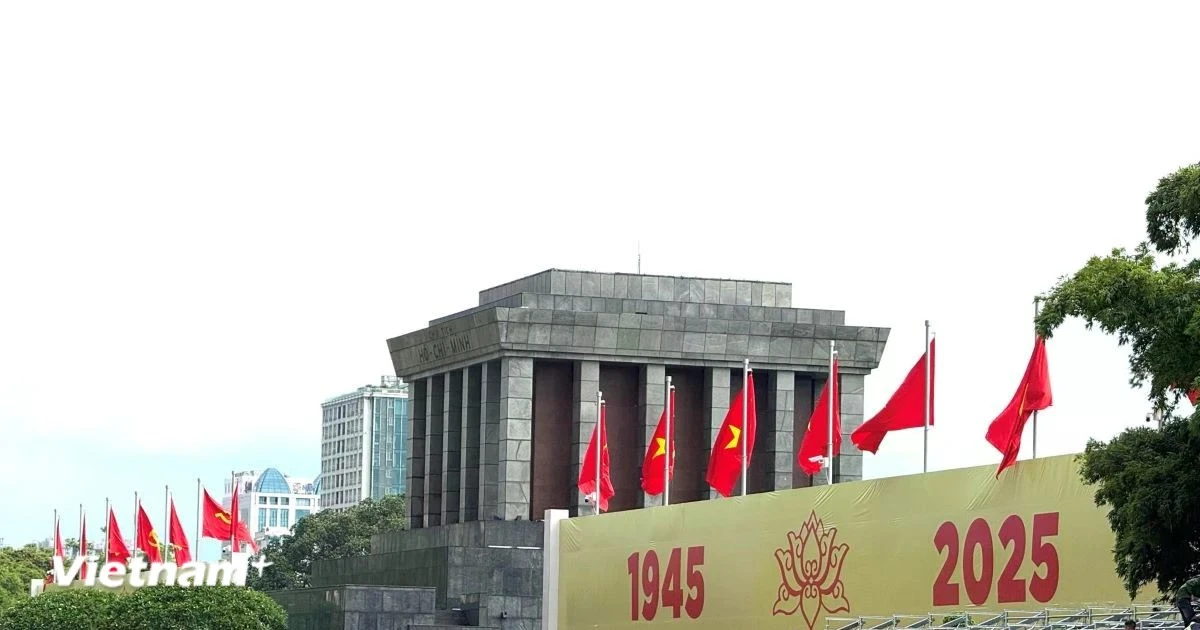

![[Photo] Party and State leaders meet with representatives of all walks of life](https://vstatic.vietnam.vn/vietnam/resource/IMAGE/2025/8/24/66adc175d6ec402d90093f0a6764225b)

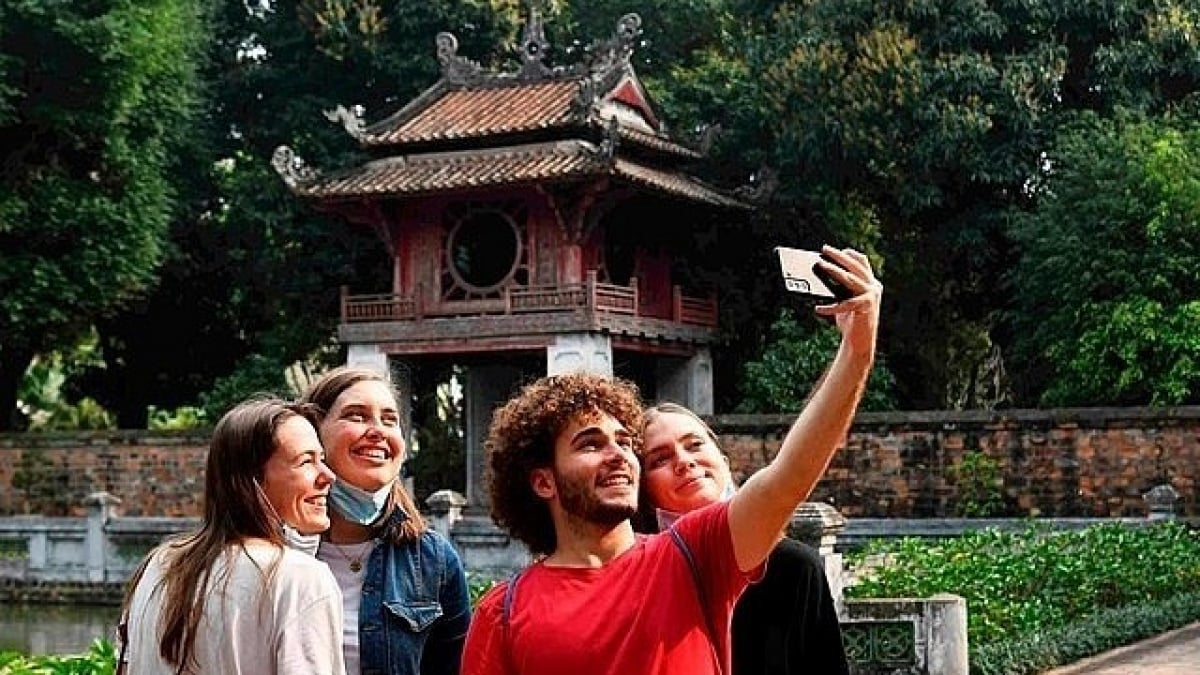

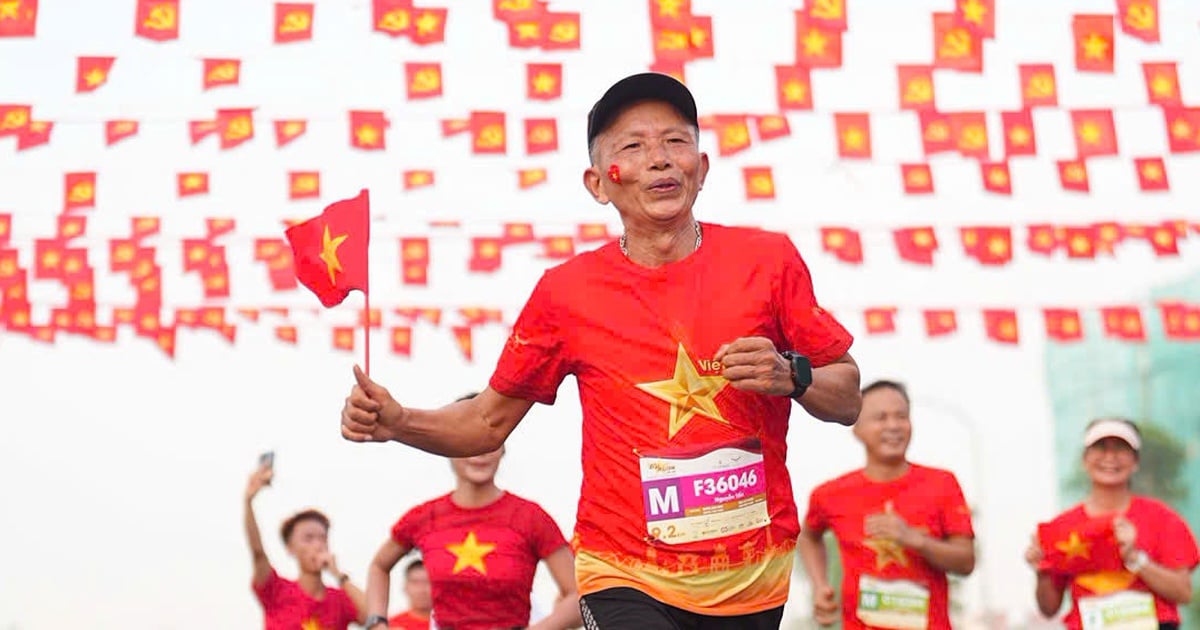

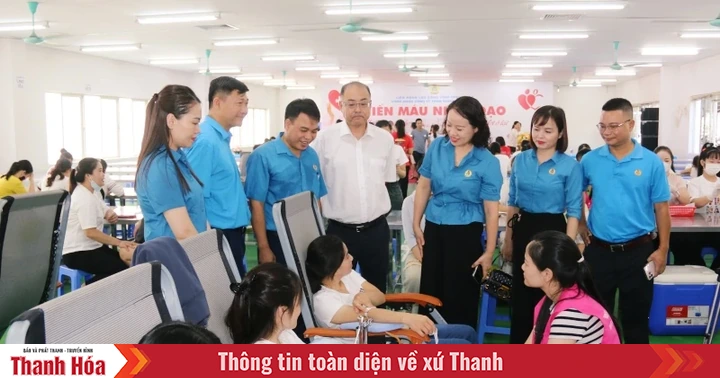

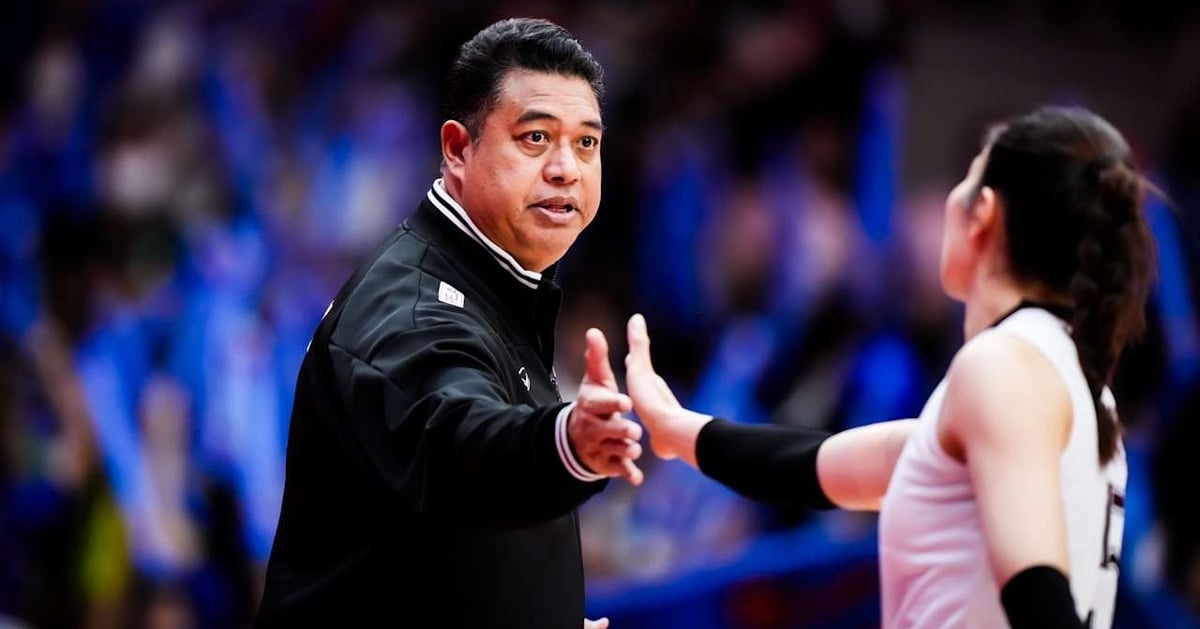

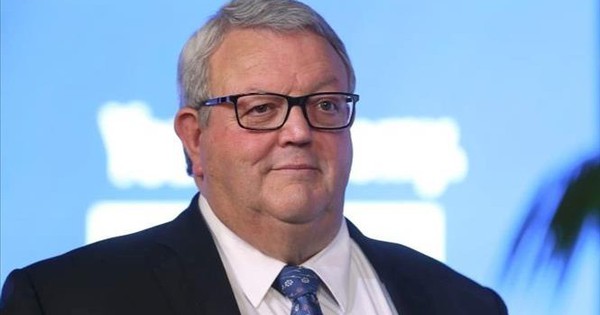

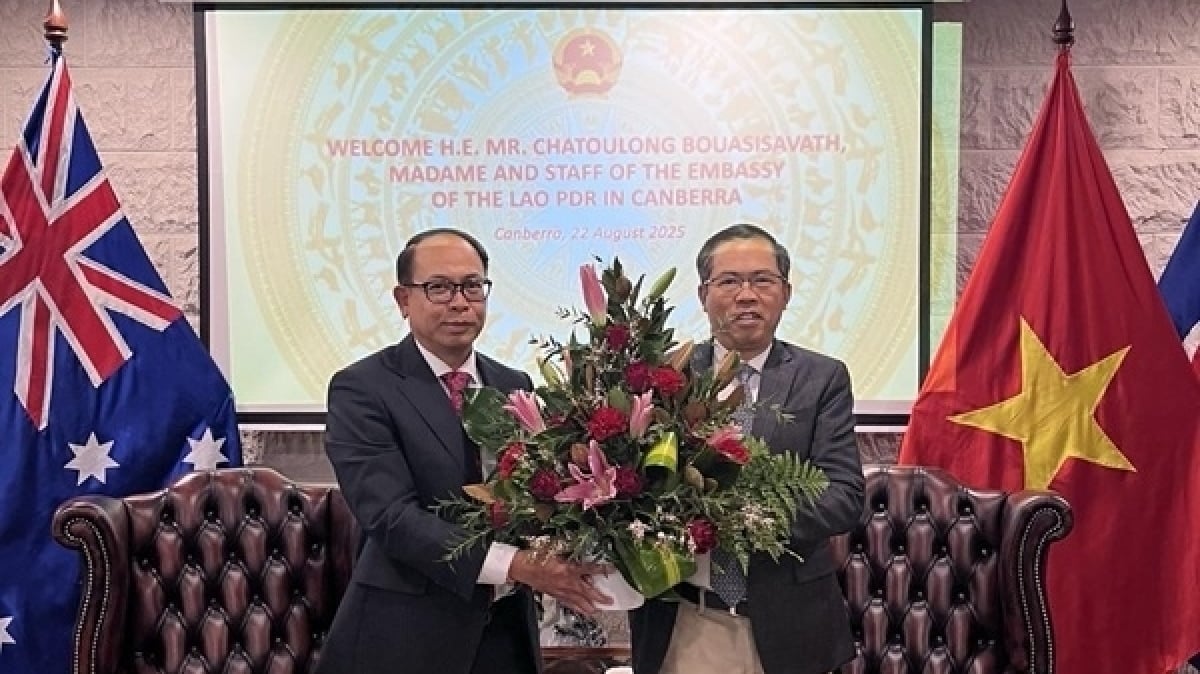

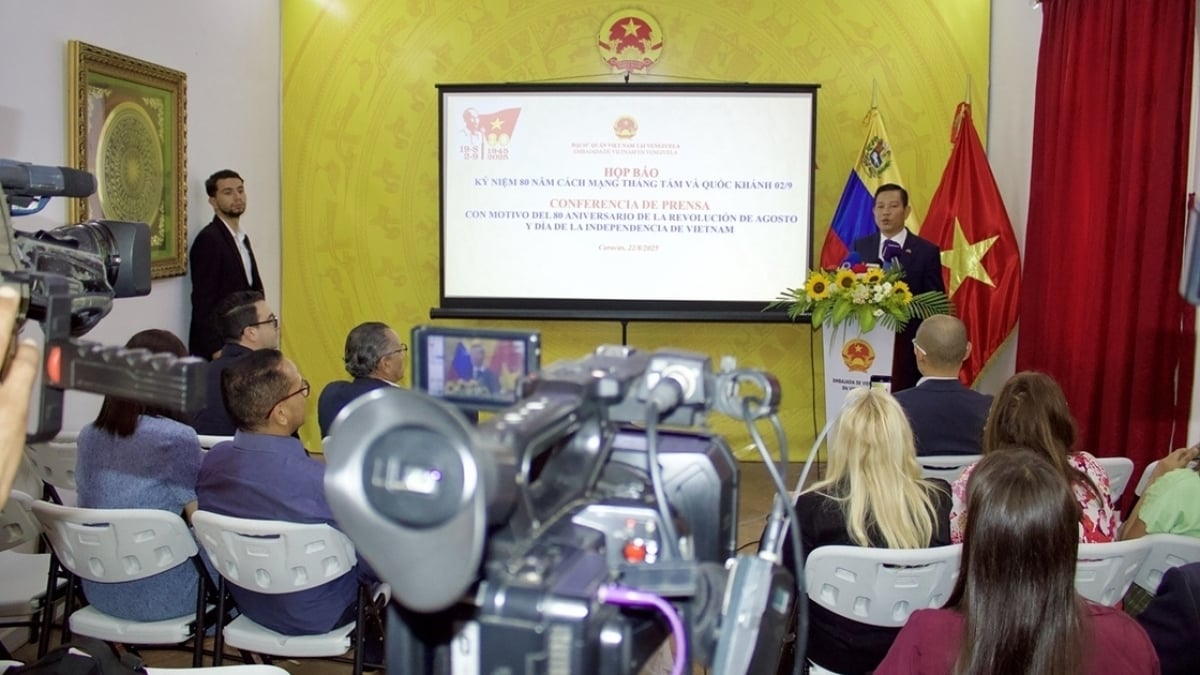
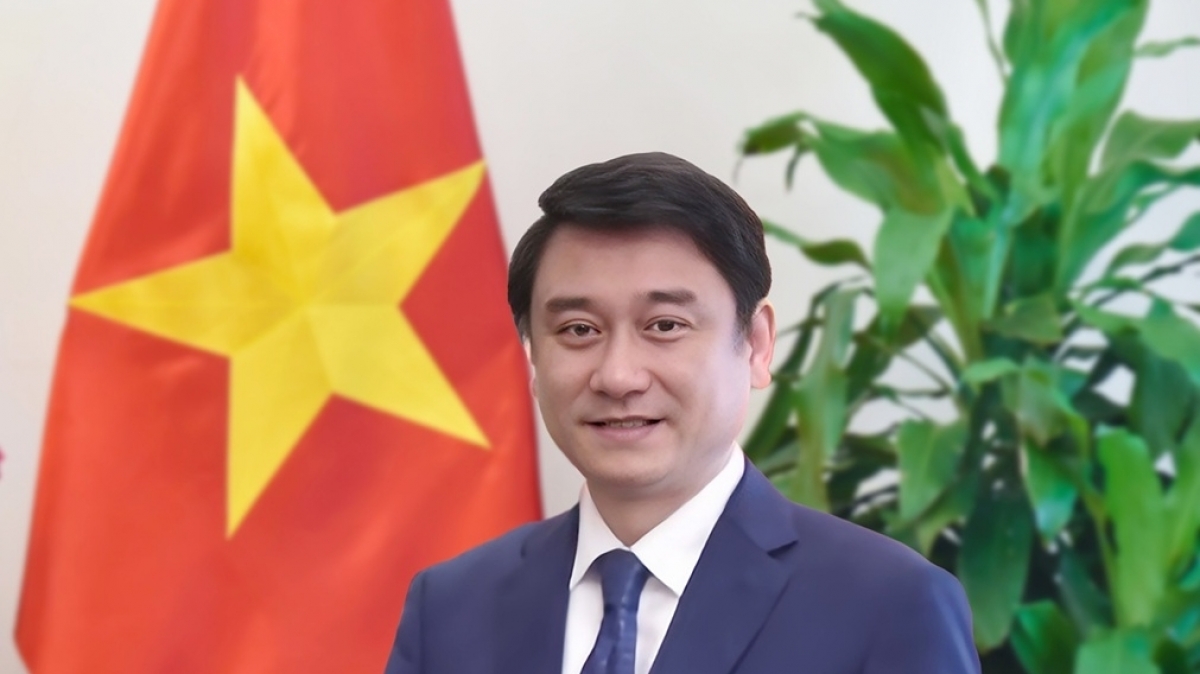
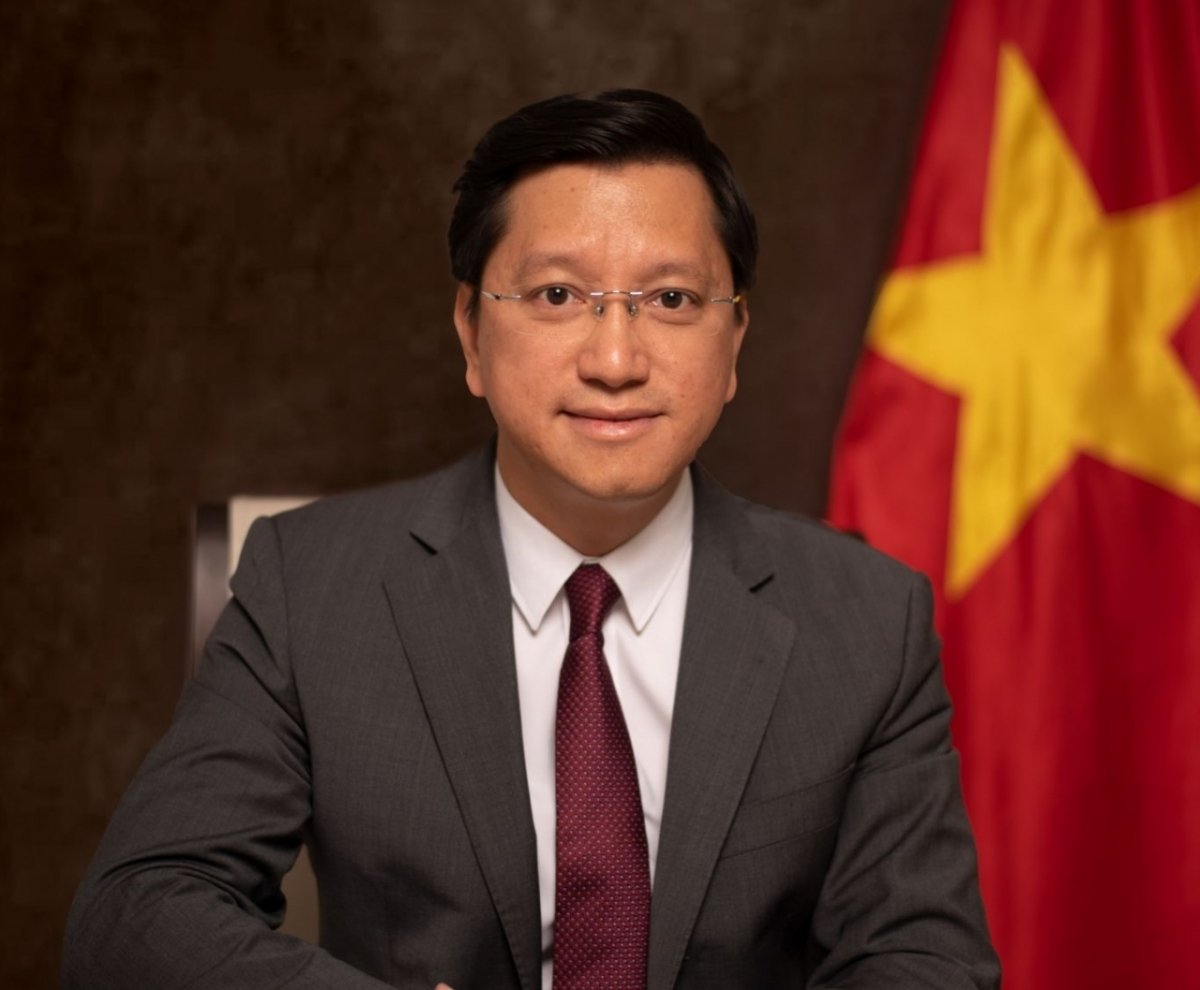
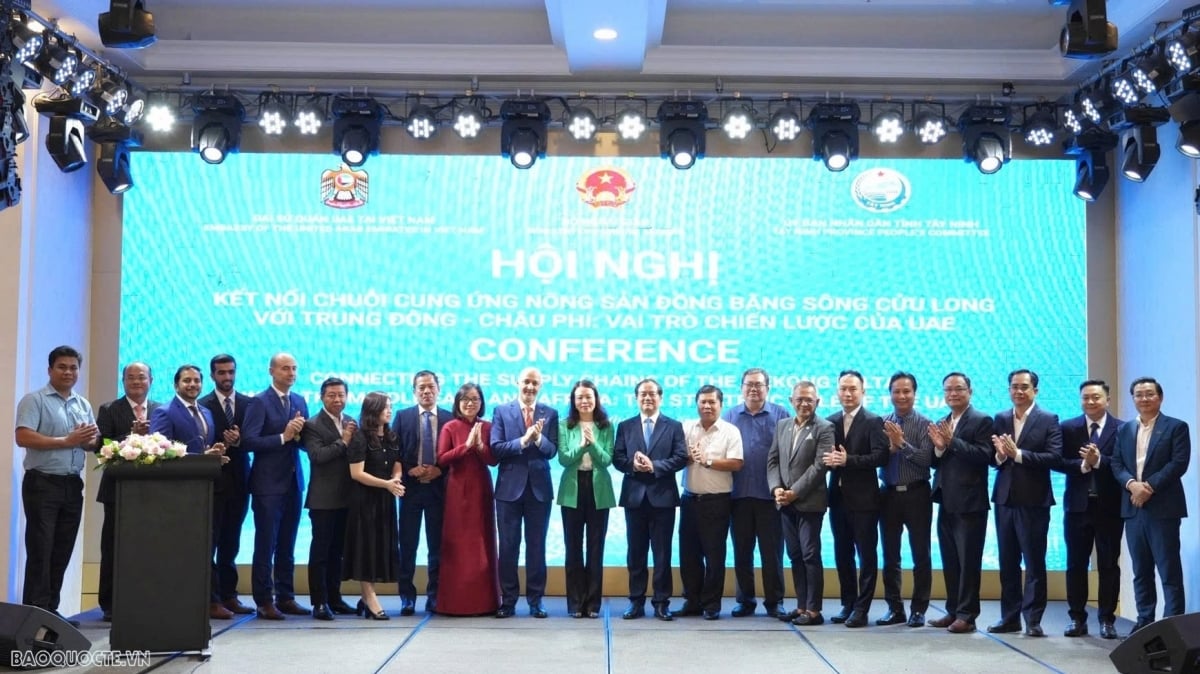




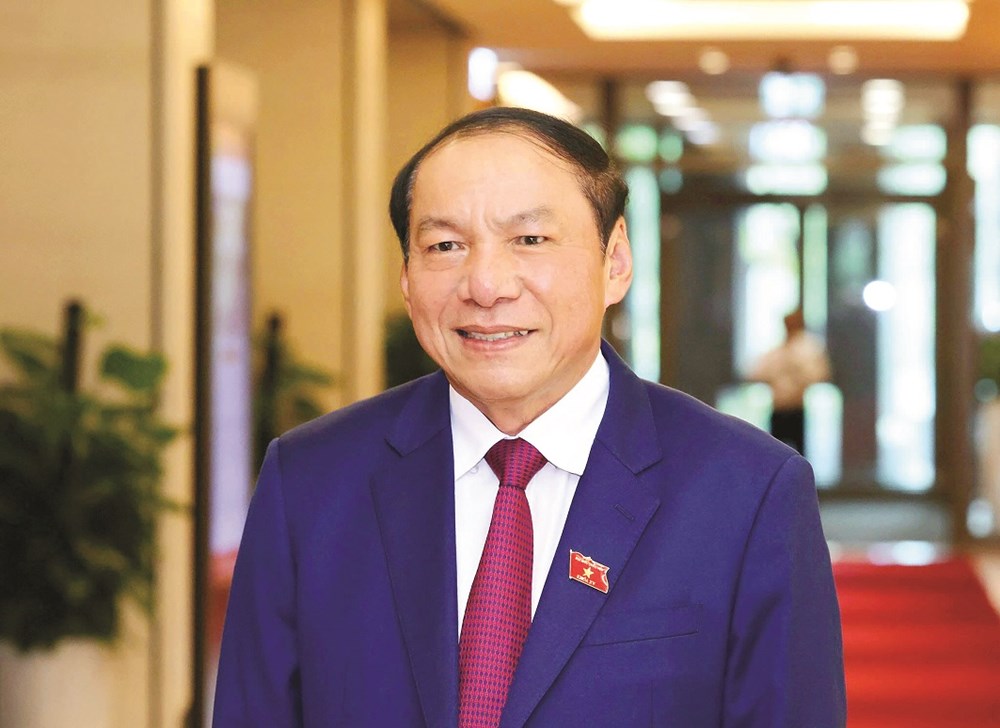
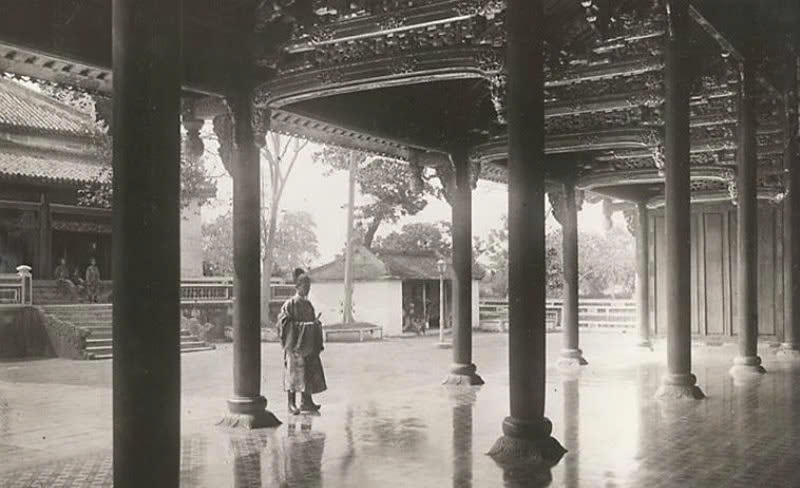
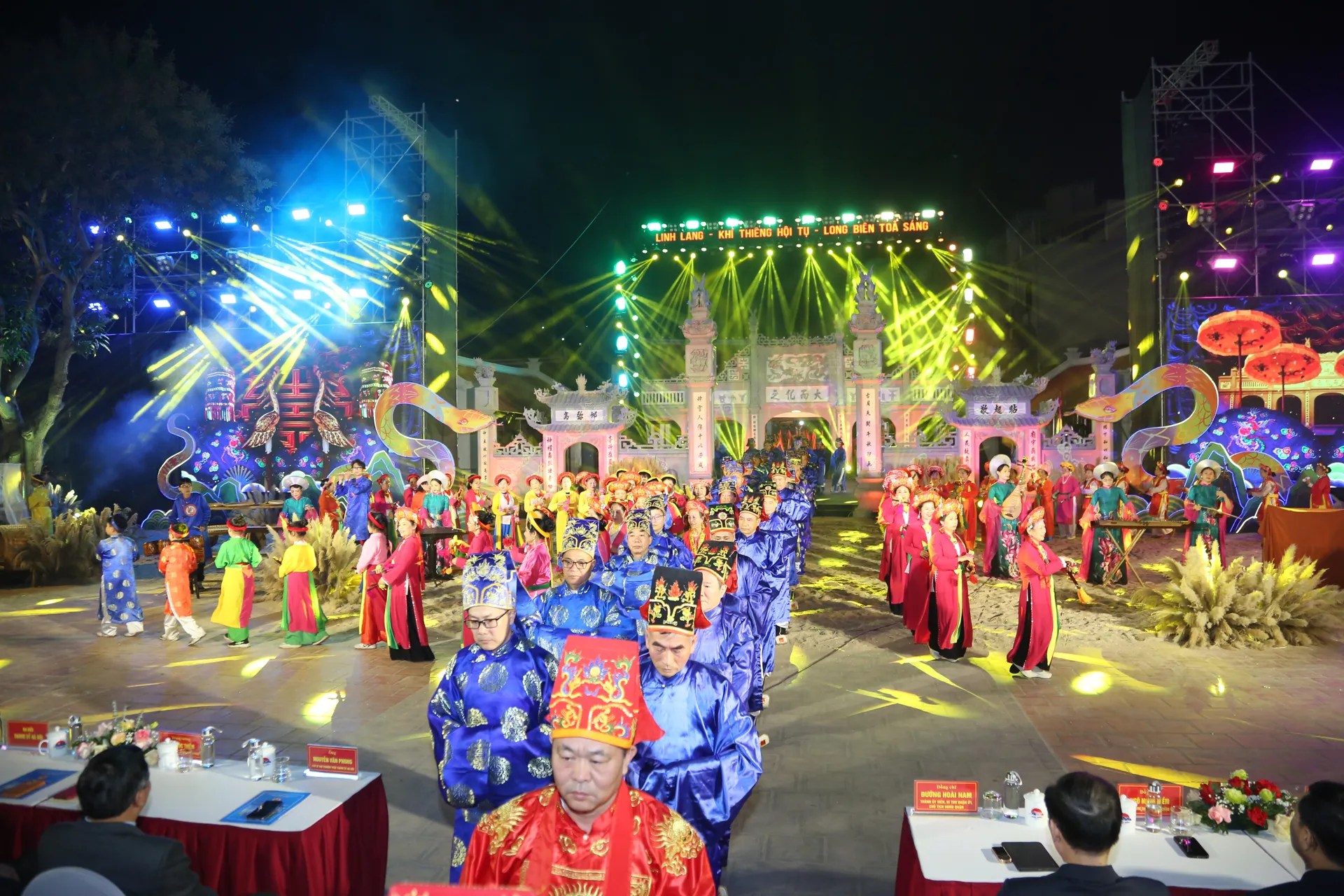
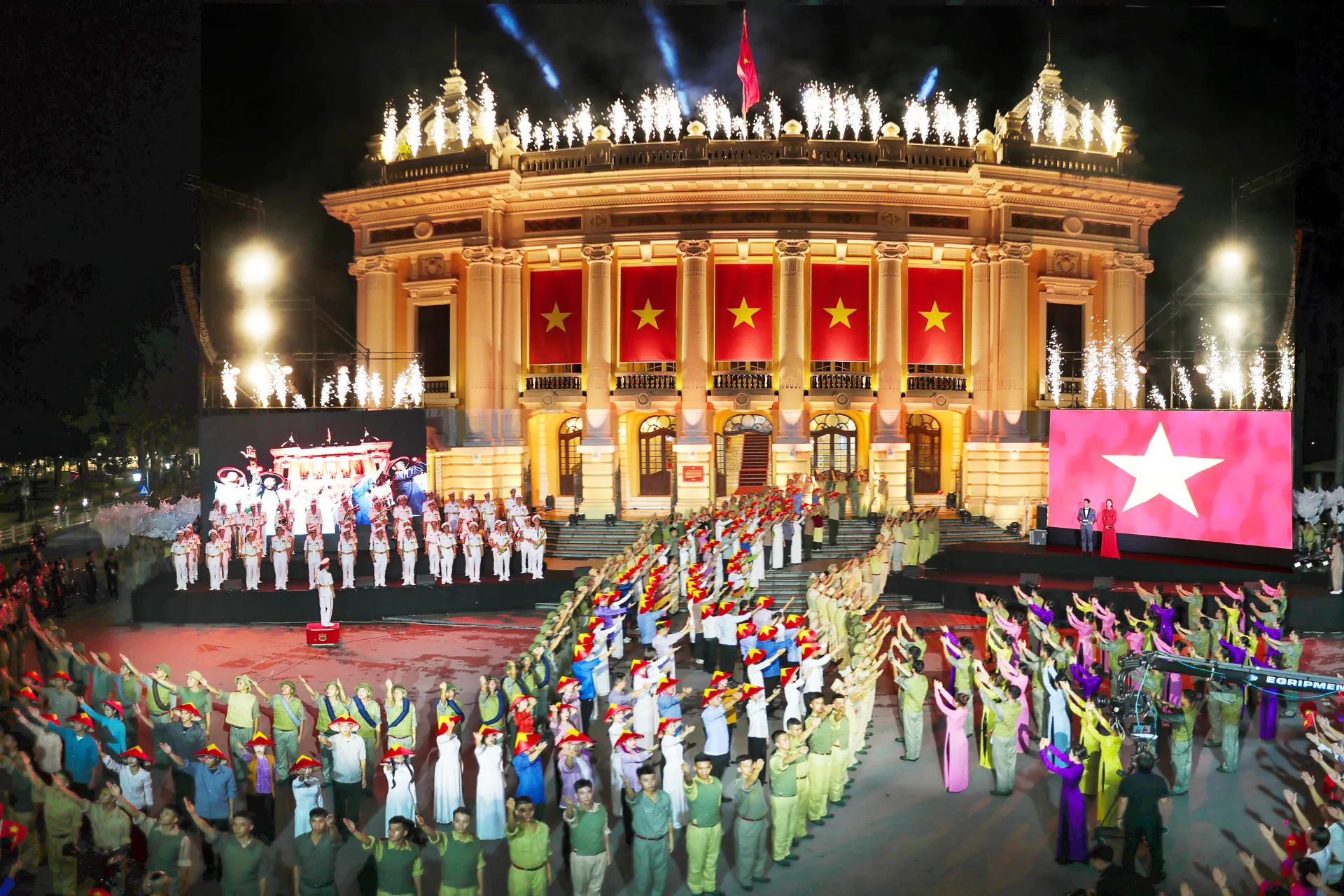

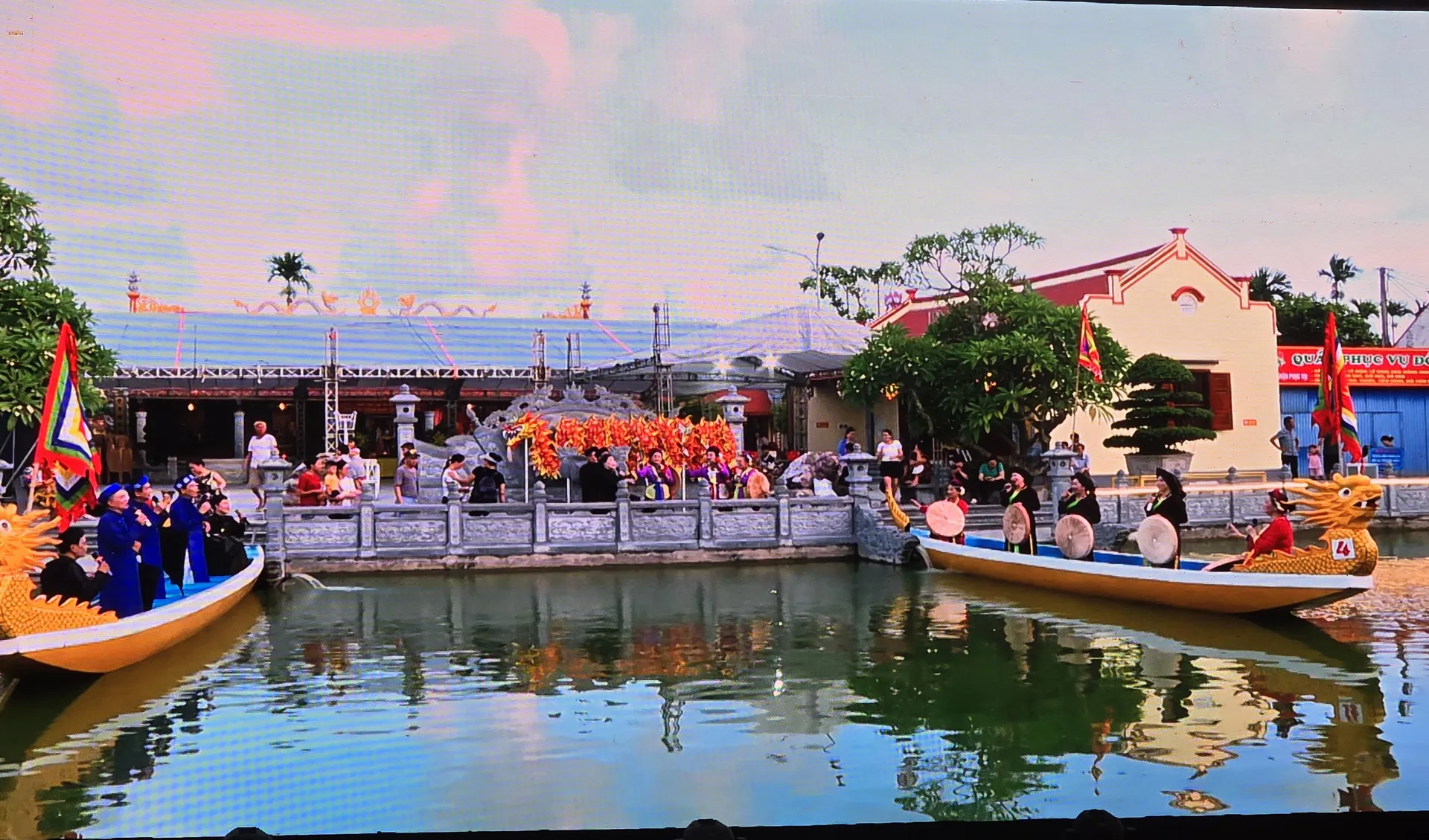
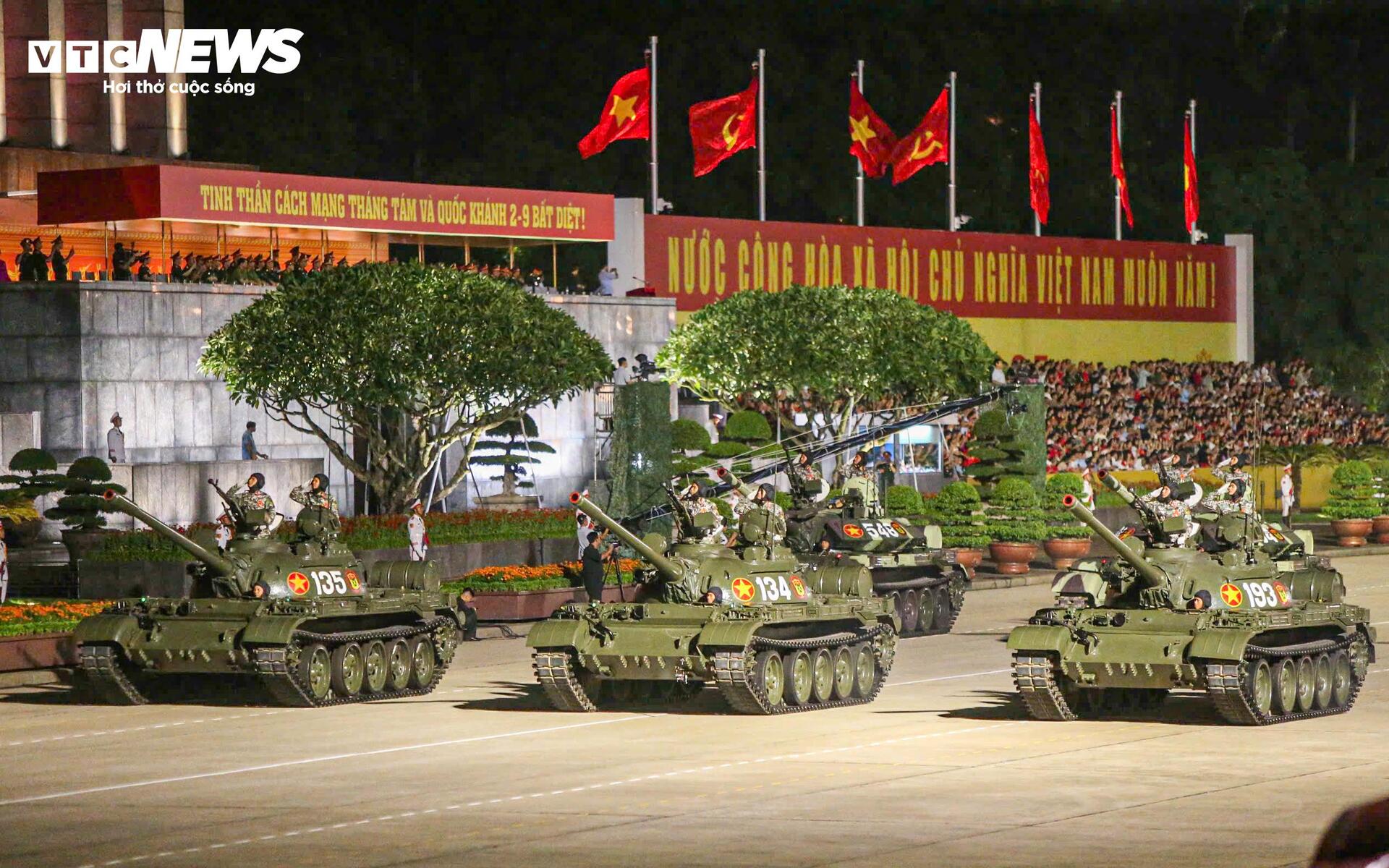













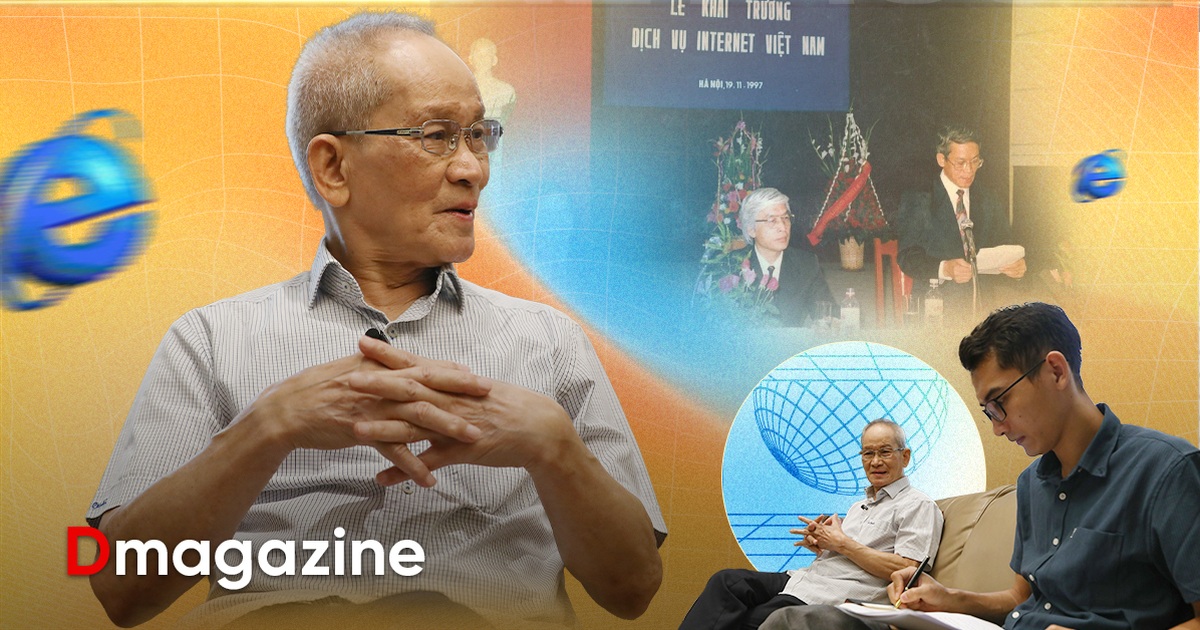


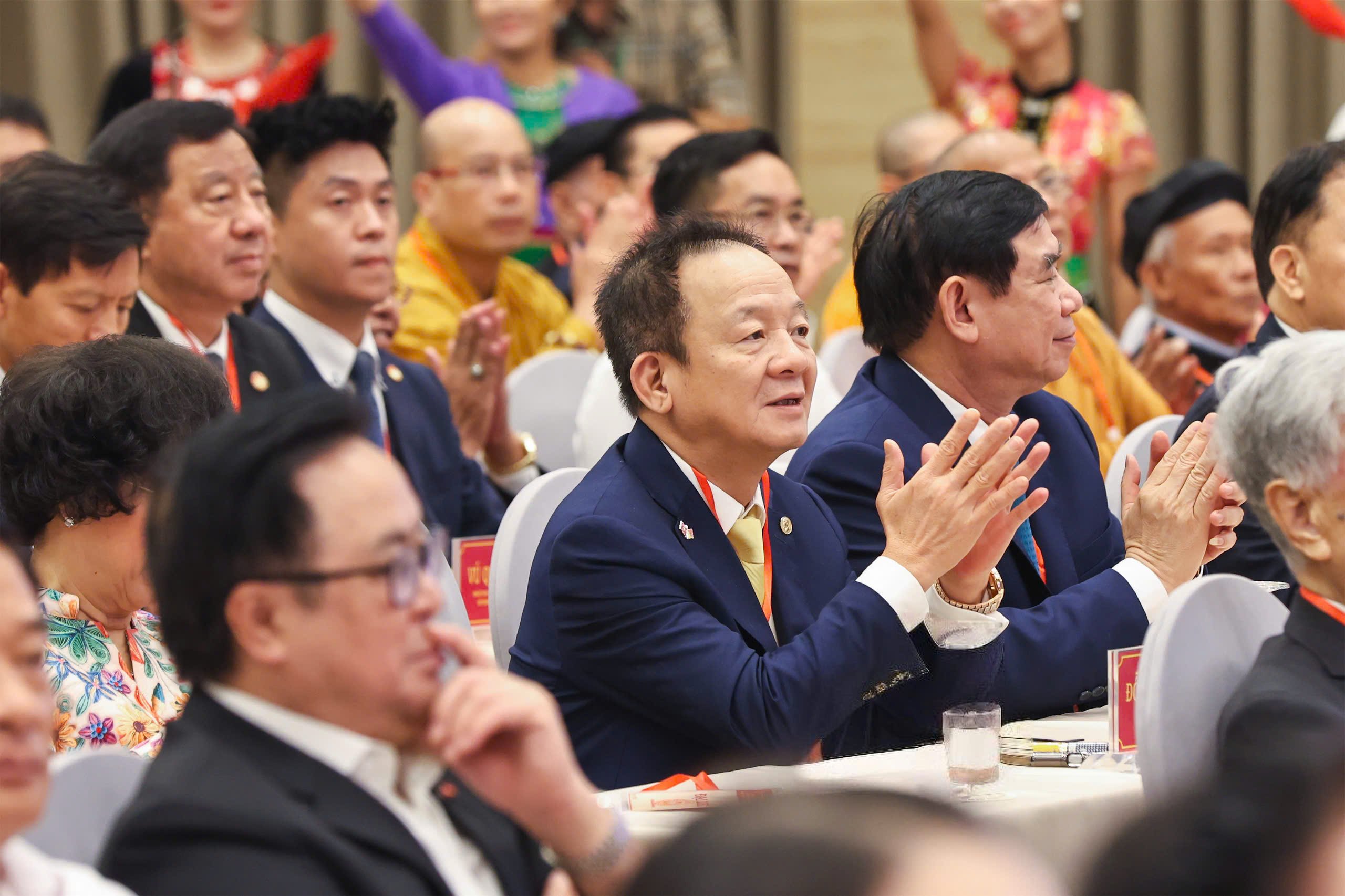












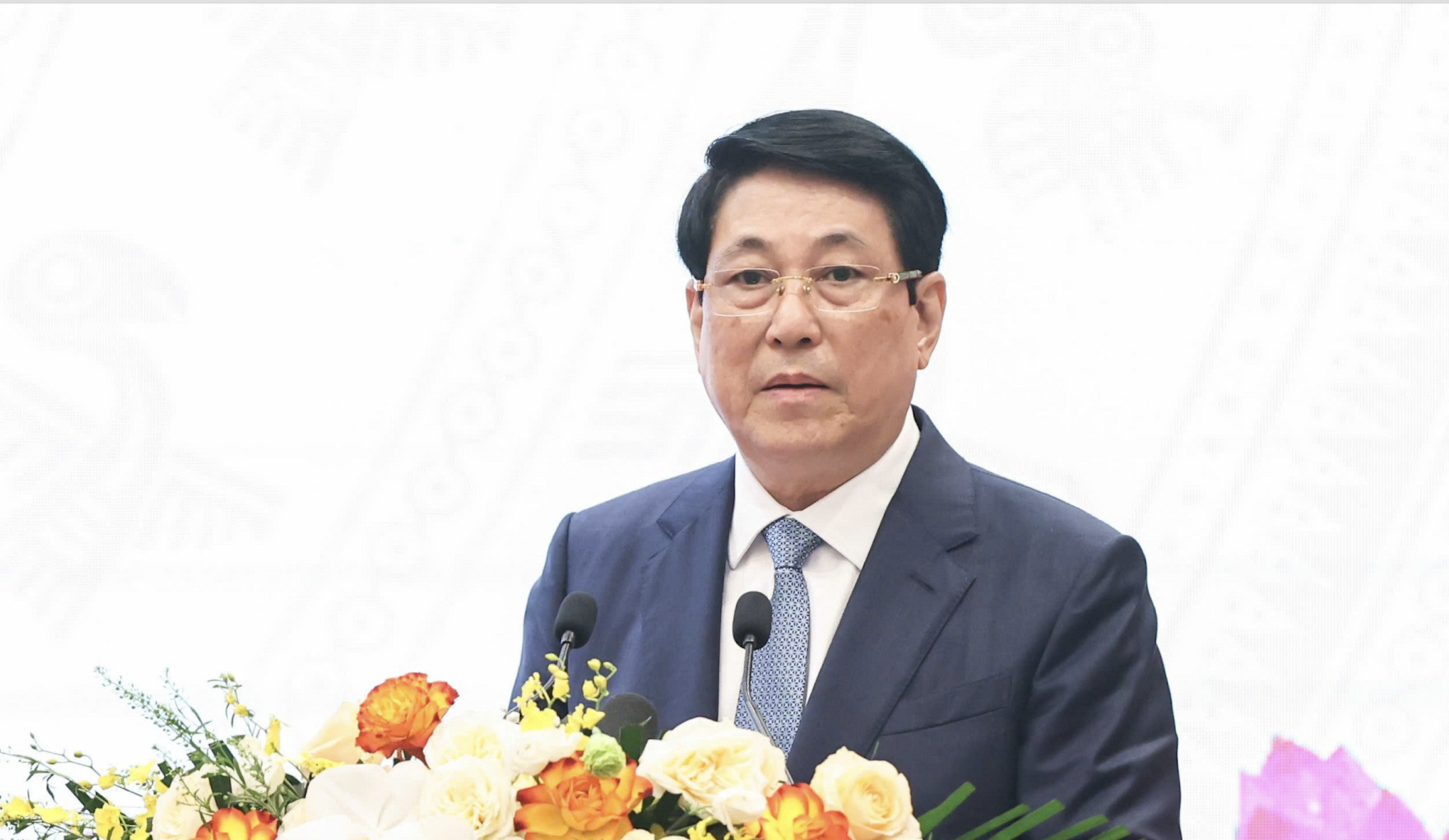







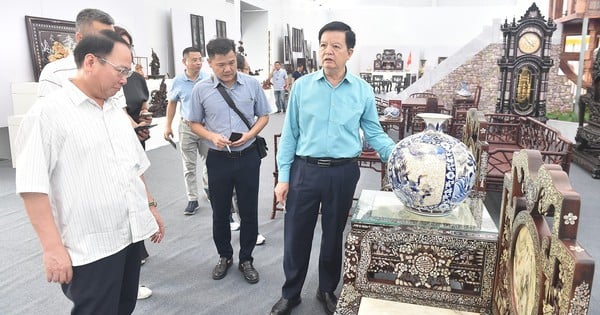

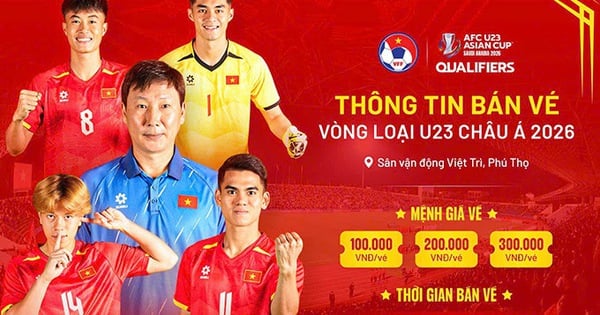






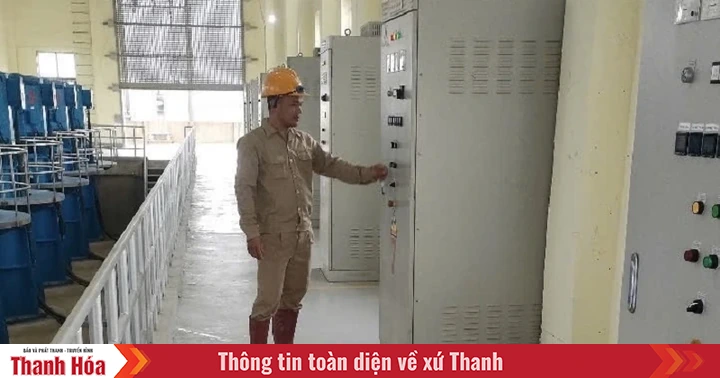
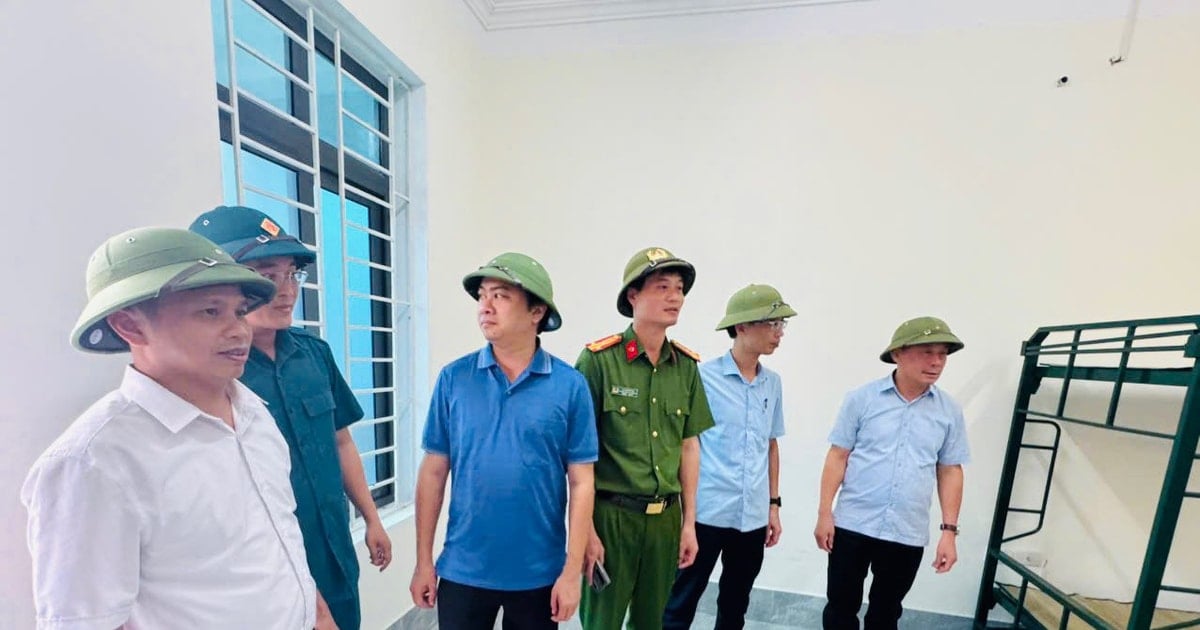

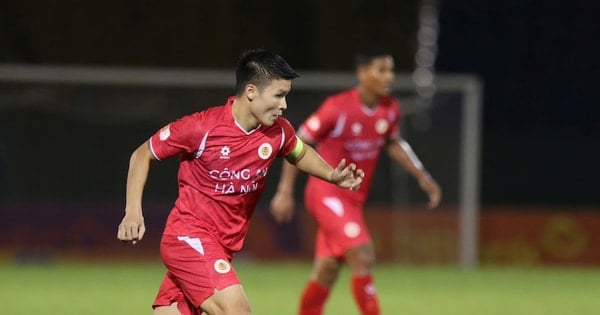

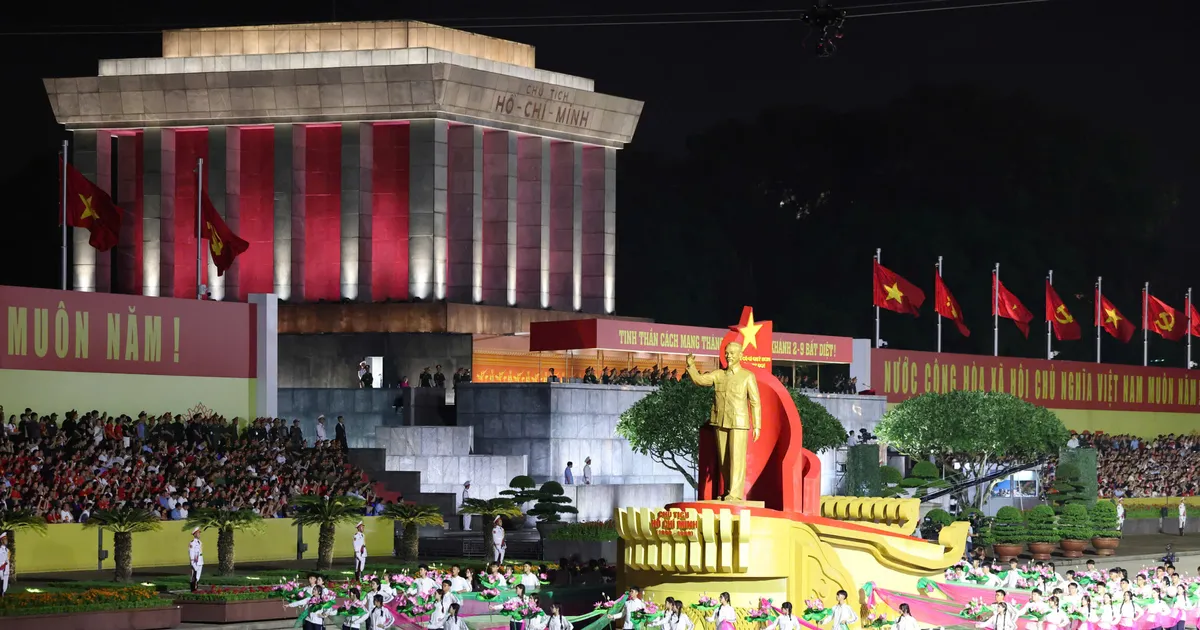

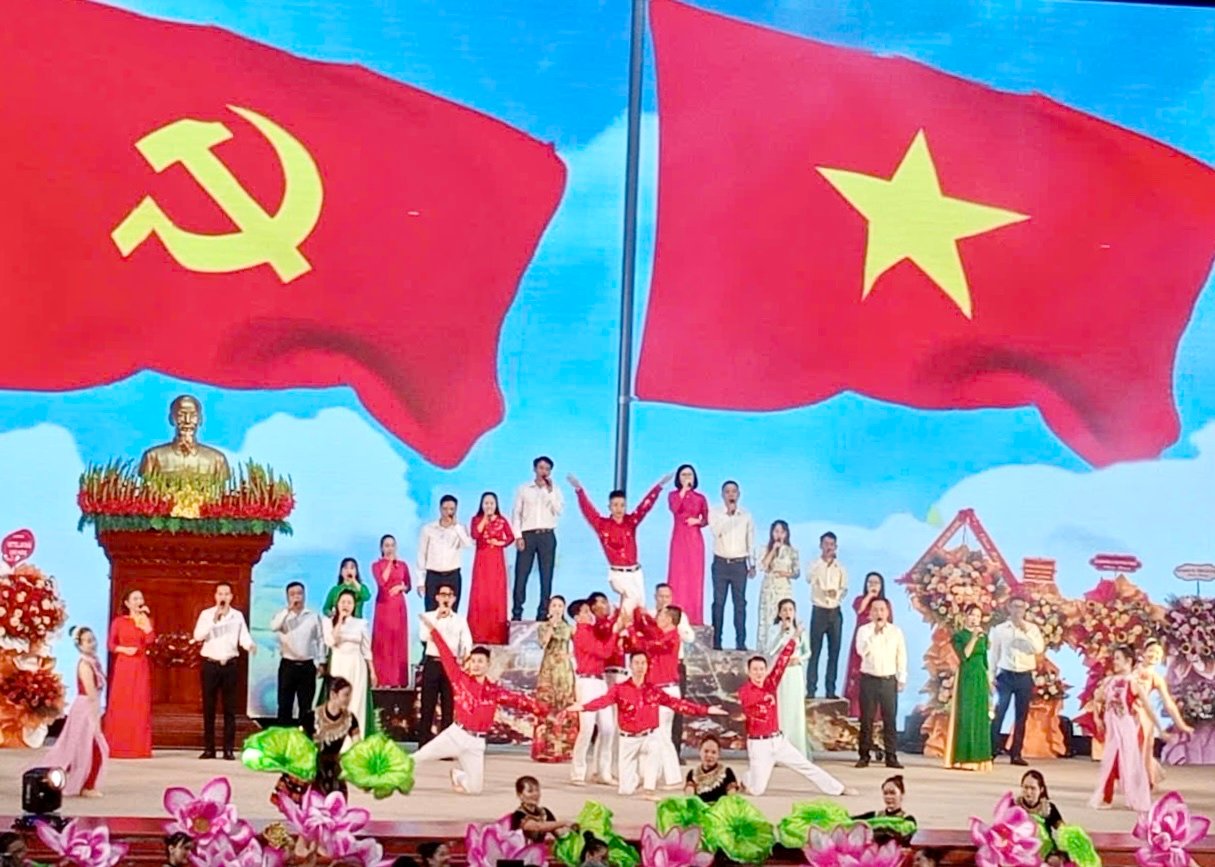
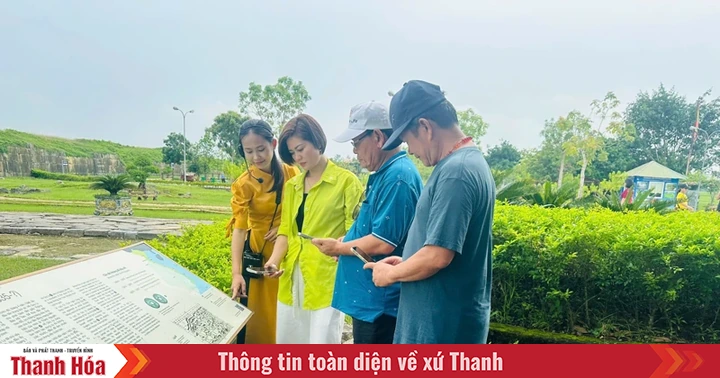














Comment (0)